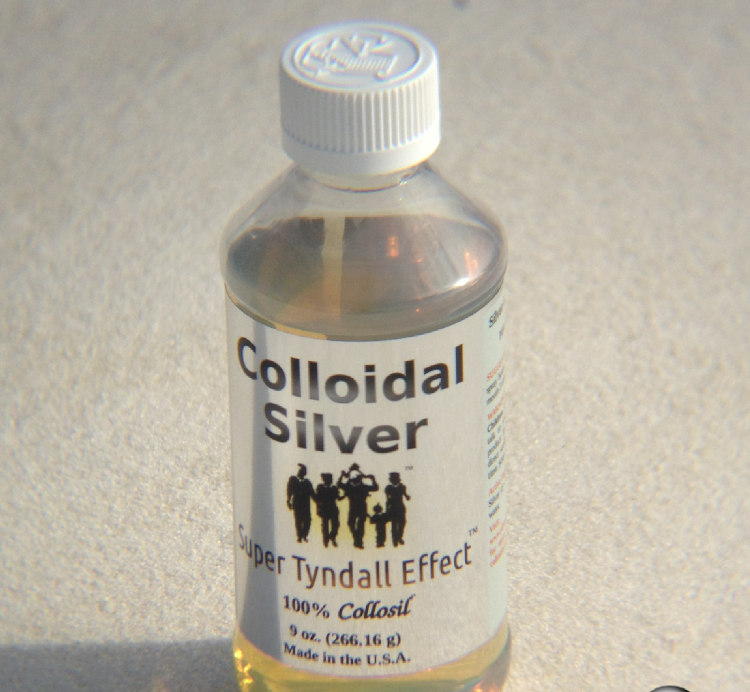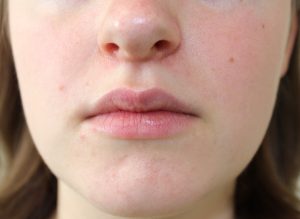Colloidal silver is a supplement product that manufacturers claim has many benefits. It is touted as a cure-all that treats everything from boosting the immune system to treating cancer. However, colloidal silver may cause some serious side effects.
Colloidal silver is essentially tiny particles of silver suspended in a liquid. Historically, silver was used before the invention of antibiotics in the 1940s to treat bacterial infections. However, we truly don’t need silver for any of our bodies’ processes. There is no known scientific reason to ingest colloidal silver.
Argyria
 Silver builds up in your body over time and leads to a condition called argyria. Argyria describes a blue-grey discoloration of the skin that can become darker in sun exposure. This discoloration will not fade over time. Argyria is mostly a cosmetic problem, though consuming silver can have other lasting effects on the body.
Silver builds up in your body over time and leads to a condition called argyria. Argyria describes a blue-grey discoloration of the skin that can become darker in sun exposure. This discoloration will not fade over time. Argyria is mostly a cosmetic problem, though consuming silver can have other lasting effects on the body.
Silver toxicity can also cause kidney damage and neurological disorders, like seizures. It also interferes with some medication effectiveness. For example, some antibiotics are less efficient if you consume too much silver.
Silver in Wound Care
Colloidal silver does not benefit us when consuming orally. However, there may be a benefit to using silver topically. Silver-based products applied topically may be anti-microbial. For this reason, they may be useful for treating infected wounds.
Silver dressings may keep germs out of burns and open wounds. They act as a barrier against antibiotic-resistant organisms, like MRSA (Methicillin-resistant Staphylococcus aureus). However, using enough silver to kill microbes in a wound also kills other vital cells.
Silver Nitrate for Granulated Tissue
Most commonly, we use silver in order to decrease granulated tissue around G tubes. Kids and adults that need nutrition by tube get G tubes. The G tube feeds directly into the stomach through a stoma in the stomach. A stoma is a circle of pinkish tissue at the site of the tube. Tissue builds up around the stoma, which can cause infection. Avoid using silver nitrate when removing granulated tissue. More conservative methods to try first include saltwater soaks, hydrocortisone creams, or antimicrobial foams.
For questions or comments, please respond to this post or contact us.





